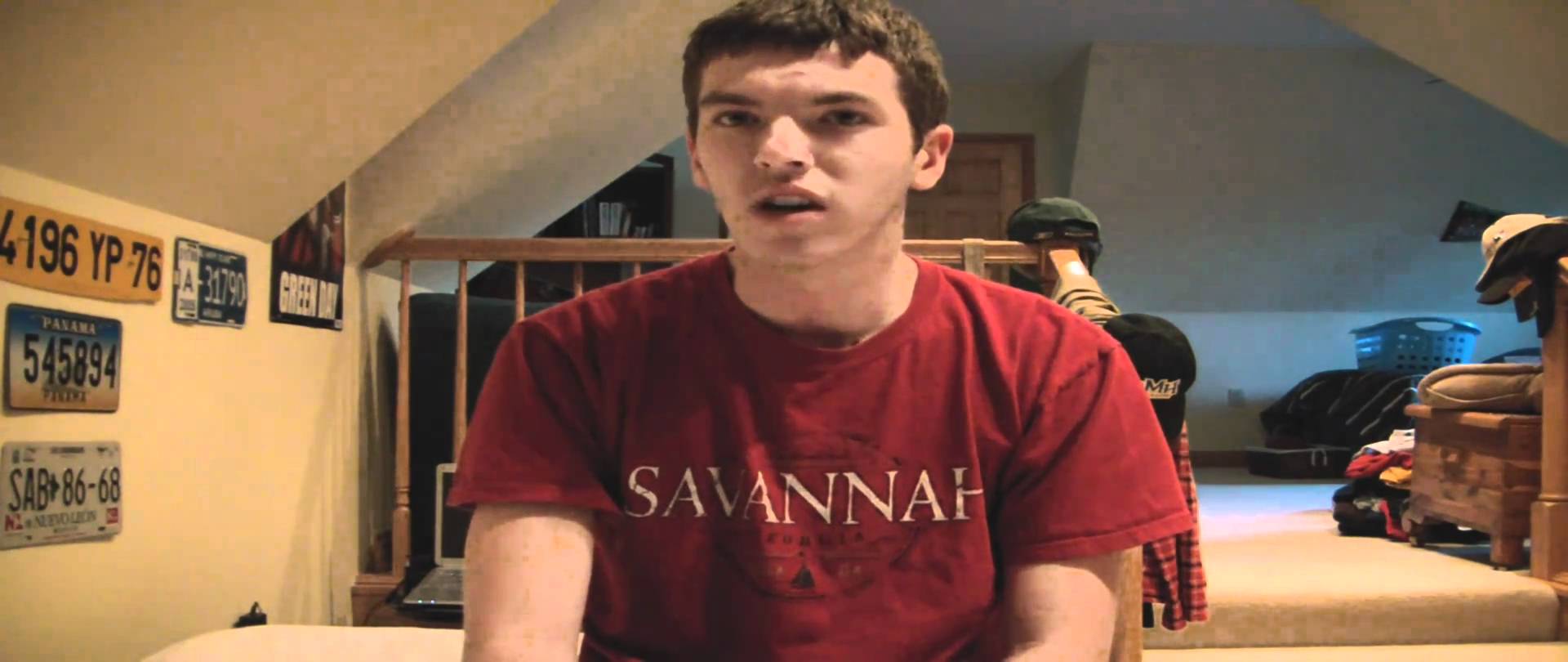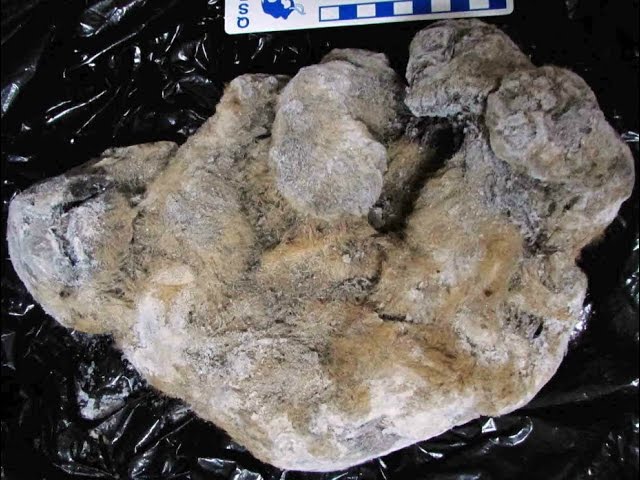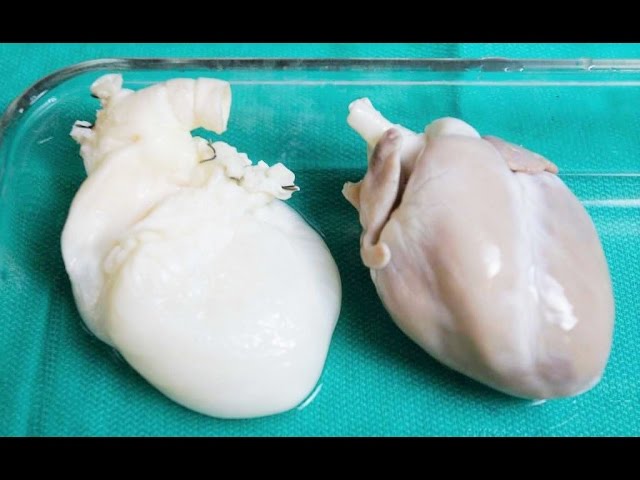These are my thoughts about this news. As you can probably see, this video is a response to the video thecreativeone made.
Tag: recent
12 Most Recent and Interesting Science News
From the new transportation system the Hyperloop to the discovery of Amelia Earhart's bones, top 12 great science facts.
Subscribe to American Eye http://goo.gl/GBphkv
6.Limestone Jesus Slab
A stone slab was uncovered inside a chamber of Jesus’s tomb inside the Church of the Holy Sepulchre in Jerusalem, which was mentioned in our most sacred religious places video. This is possibly the limestone slab where Jesus’ body is said to have been laid after his crucifixion and christians believe it’s from here where he was resurrected.. This slab has not been accessed since 1555 AD. The research team were shocked to find portions of this tomb still in tact. This seems to be a remarkable discovery of epic proportions and will probably become a holy relic. An analysis revealed the limestone burial shelf and a second marble slab with a cross carved into its surface. The tomb has been resealed and probably won’t be opened for hundreds of years
5. Squashed Mountain Lion
In northern Russia, the cold weather preserved the bodies of two cave lion cubs and one is almost in perfect condition. The two well-preserved fossils were only about a week old when they were most likely crushed from an extensive collapse of cave sediment. To be blunt they were squished to death, according to Olga Potapova. However this unique conditions of the collapsed sediment that turned into permafrost remarkably preserved them, making this quite unbelievable. One of them just sort of looks like a stone and it’s hard to tell what it is. He must have been more affected by the collapse. But the other one you can still see facial features, eyelids, nose, and even its fur! If we could clone any extinct animal, let us know which one you’d clone in the comment section and maybe we’ll feature your answer in an upcoming video!
4. Bones of Amelia Earhart
In the 1940, bones that were believed to have been of Amelia Earhart on Nikumaroro, an island in the pacific. Through extensive research, the bones seemed to match those of Amelia Earhart's build. Amelia’s mysterious disappearance has troubled many, but after piecing together a lot of clues it seems as though she may have died as a castaway on a remote island. She and her navigator were last seen on radar in June of 1937. When bones were discovered on the island, they were originally believed to be that of a males, and were lost. After researching the specific sizes of the bones of the ones found on the remote pacific island recently, they match photographs precisely of Amelia’s.
3. Jupiter’s Poles Images
Jupiter’s north pole was finally revealed thanks to the Juno satellite that came as close 2,600 miles from the gas giant in August 2016. The incredible images show enormous storm systems and weather like you could have never imagined. They reveal also high clouds and a mysterious blue hue on the planet. Astronomers hope that studying Jupiter could lead to understanding how earth and the rest of the solar system was formed. Here in this photo you sea the perspective from below jupiter, looking up to its south pole. Many mysteries still lie in our own solar system but they believe the blue hue has something to do with its magnetism.
2. Deja Vu Solved
Ever get the strange feeling of deja vu, when you feel like you been in this moment before but just can’t quite figure out where or how? This bizarre feeling is described as deja vu which is French for “already seen”. Scientist claim it could have something to do with memory issues but it’s likely that it means, that your brain is checking to see if your memory is working correctly. They actuallly believe that not having it could be a sign of health problems. So if you have it from time to time, it’s a good thing. Brain regions associated with memory conflict seem to causing this mysterious phenomenon.
1. Hyperloop Coming to UAE
The revolutionary transportation idea known as the hyperloop which is similar to a train that goes 760 miles per hour, should be coming to the United Arab Emirates in 2017! Imagine going from LA to San Francisco in about a half hour! They made a deal with the LA based company to study the potential of the product that will allow people to travel from the capital Abu Dhabi to Dubai in only 12 minutes! This is a safe eco-friendly way of transportation that uses a tube and high speed fans to compress air, then send the capsule through the tube at high speeds. Many are skeptical of whether it’s possible or not, but it could certainly be the way to travel at high speeds over long distances.
10 Unbelievable Recent Medical Discoveries
Subscribe for weekly wacky videos and learn interesting facts about the world with awesome top 10 lists and other amazing videos.
7. Tiny Pacemakers – The first pacemaker was implanted in 1958 and since then the technology has improved in fits and starts. While there hasn’t been much improvement in the last couple of decades, that is all about to change. Medtronic, the company that created the first pacemaker, is set to redefine the industry. Its newest model will only be the size of a vitamin and can be implanted via a catheter. This new technique to implant the device has been highly successful, improving the complication rate by over 50%. Now 96% of patients report no major complications.
6. Brain Implants – Researchers at the Ohio State University are working on brain implants to read a patients’ brain impulses in order to control prosthetics. Their test subject, Ian Burkhart is paralyzed from the chest down but has been able to re-train his brain to issue commands to a special prosthetic sleeve on his arm in order to pour drinks. To accomplish this, the doctors implanted a microchip in his brain which translates electrical impulses in the brain into movement. Right now this device is a proof of concept, but the researchers are making steady gains and hope to have a product to bring to the market in the near future.
5. Artificial Skin – Improving the look of aging skin has been the Holy Grail for dermatologists since…forever. Artificial skin grafts are currently available and they have steadily improved, however, two new breakthroughs may revolutionize the industry. An MIT scientist named Robert Langer has developed a polymer based “second skin” which mimics the appearance of youthful skin instantly when applied. The downside right now is that it only lasts a few days. Not to be outdone, UC Riverside chemistry professor, Chao Wang, is working on a conductive mesh polymer that can actually self-heal. Apparently a fan of the Marvel character Wolverine, and his ability to self-heal, he says he is “trying to bring science fiction into the real world.”
4. Bio glass Cartilage – Scientists have recently created a material the call “bio glass”. Bio glass is a 3D printed silica-polymer combination that combines the strength and flexibility necessary to provide a viable replacement for human cartilage. As proposed the bio glass can be used as a scaffold to allow human cartilage to regrow, but it also has self-healing properties as well, allowing the material to re-bond if torn. Research is still be conducted but the scientists hope to start clinical trials in the near future.
3. Google Eye Implant – That’s right, the same company that provides the search engine millions of people use every day also has a medical division. Their latest project – the Google Contact Lens – is an implantable lens that can be used to replace the eye’s natural one. The obvious goal is to improve vision for the patient, but this device offers so much more. It could potentially read blood pressure, record glucose levels for diabetics, wirelessly update your doctor, and even restore vision for the blind. It is currently in clinical trials. Let’s hope it comes to the market sooner rather than
later.
2. Ghost Hearts – A new technique has been developed for those needing heart transplants. Doris Taylor from the Texas Heart Institute has pioneered a new technique which involves taking a donor animal heart and bathing it in a solution that strips away all of the animal’s cells, except for the protein. The remaining “ghost heart” can then be treated with a solution of the patients own stem cells to have them use the animal heart structure to regrow a new heart for the patient. The heart is then hooked up to a bioreactor – an artificial circulatory system, until it is ready for implantation.
1. Injectable Brain Mesh – Researchers from Harvard University have created a conductive polymer mesh that can be injected into the brain where it morphs to the brain tissue. The researchers believe that the mesh could actually monitor the brain down to the individual neuron level. They hope to one day be able to treat stroke patients and those suffering from other neurological disorders such as Parkinson’s disease. They also hope to achieve a better understanding of higher level cognitive functions, such as emotions and memory.
https://www.youtube.com/watch?v=bGtEZRUwdmY


